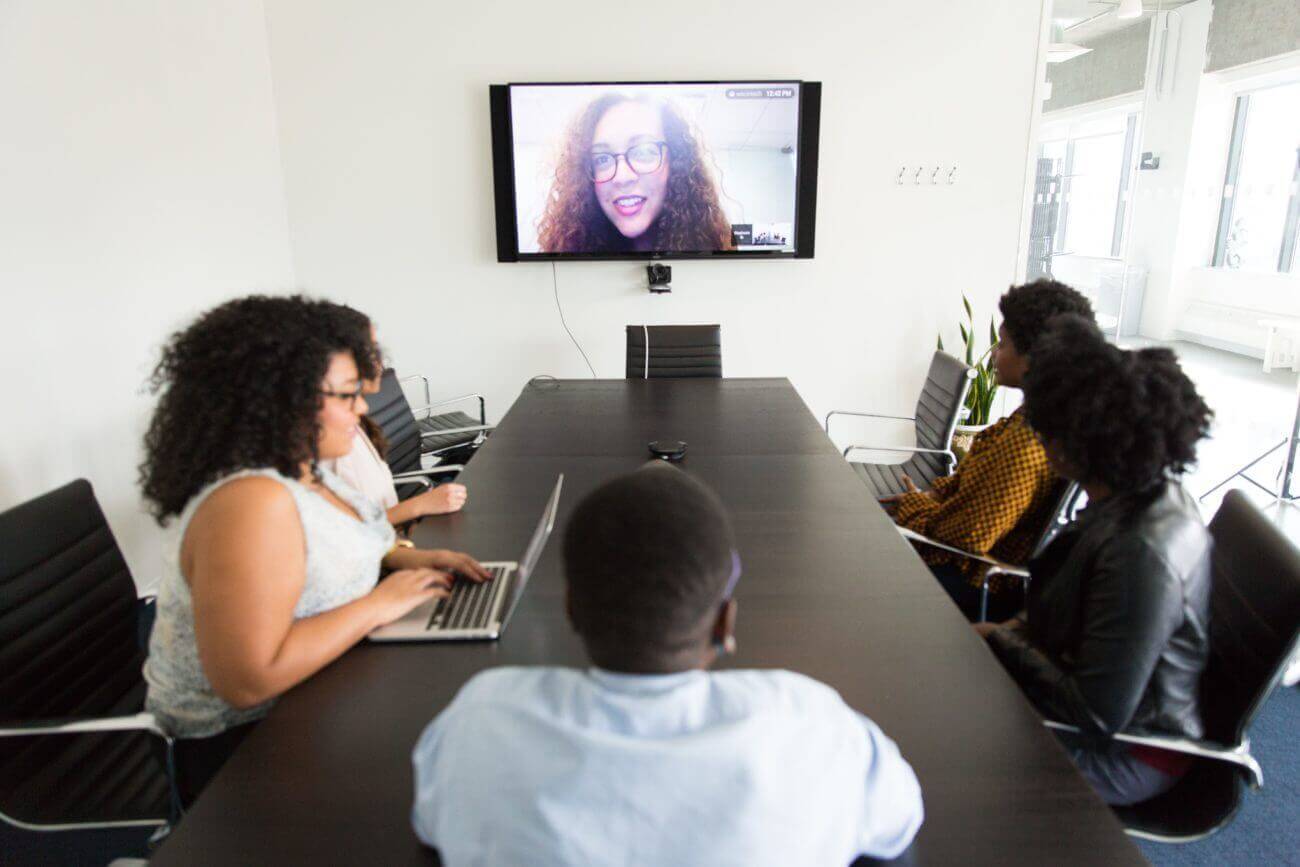
How Much Can a Bad Direct Hire Cost Your Company?
In today’s competitive business world, filling positions with the right people is more crucial than ever. While most companies talk enthusiastically about the positive impacts of good hires, very few fully understand the catastrophic organizational and financial impacts of a bad one. This article explores the real cost of hiring mistakes and offers ways to avoid costly errors in your direct hiring process.
The Staggering Financial Impact of a Bad Hire
The cost to an employer from an unsuccessful hire goes far beyond initial recruitment costs and salary. The U.S. Department of Labor estimates that an unsuccessful hire costs at least 30% of an employee’s first-year income. That is at least a loss of $24,000 for an $80,000-a-year job.
However, other estimates place costs higher. Link Humans CEO Jörgen Sundberg estimates hiring and training an employee costs approximately $240,000. If that employee turns out to be unsuccessful, that is an expensive investment to lose.
The Society for Human Resource Management offers an even more conservative calculation by estimating that replacement costs could reach as high as 50-60% of an individual’s salary per year, with overall costs potentially ranging from 90-200% per year.
Prices skyrocket for executives. A bad hire in an executive-level position costs as much as 40 times their annual salary. That is an enormous $20 million for an executive with an annual salary of $500,000.
Beyond the Balance Sheet: The Hidden Costs
The actual cost of a bad hire extends far beyond direct financial losses. Indirect costs have lasting impacts on your business:
1. Lost Productivity
Not only do bad hires not contribute positively, but in most instances, bad hires hurt team productivity. 37% of employers report that bad hires negatively impact productivity. Projects linger, deadlines aren’t met, and production is generally slower.
2. Management Time Drain
Managers invest disproportionate amounts of time in underperforming employees. CFOs report that 17% of their time is spent on underperformers—nearly an entire working day per week. This is an enormous opportunity cost, shifting management’s attention from strategic priorities to problem-solving.
3. Team Morale and Culture Impact
The most significant cost is the impact on team morale and company culture. An overwhelming 44% of CFOs agreed that a bad employee negatively impacts team morale, with an additional 47% saying that it impacts team morale to some extent. High-level performers become discouraged, disengage, or leave when forced to collaborate with subpar team members.
4. Client Relationships
Poorly hired employees who deal with clients can ruin valuable business relationships. As reported in research, 32% of businesses in China suffered from adverse effects on client relationships due to bad recruitment. Though the statistic is location-specific, an underlying rule applies everywhere across the globe—customer relationships developed over the years might get ruined in one moment by a bad employee.
5. Employer Brand Damage
Feedback is provided by disgruntled ex-employees in today’s networked world. An ex-employee not suited for their role can write poor reviews on platforms like Glassdoor that harm employer branding and lower future ability to attract good candidates.
The Recruitment Cost Cycle
If one bad hire does not pan out, there is another cost in terms of rehiring. Replacing one employee costs an average of $4,129, and filling one vacancy on average takes 42 days. This is an expensive cycle of:
- Initial recruitment expenses (advertising, interviewing, screening)
- Onboarding and training costs
- Compensation while on the job
- Reduced productivity and potential damage
- Termination costs
- Costs associated with re-recruitment to replace the employee
With an average annual turnover rate of 19%, such costs can quickly accumulate for companies that keep making bad recruitment decisions.
Why Bad Hires Happen
If you want to prevent bad hires, you must first understand why they happen. According to CareerBuilder, the top reasons include:
- 35% of employers thought candidates could learn quickly despite lacking the necessary skills
- 33% reported that candidates lied about their qualifications
- 32% wanted to take a chance on someone they liked personally
- 30% felt pressured to fill positions quickly
- 29% focused too much on technical skills rather than attitude and cultural fit
- 25% ignored warning signs during the hiring process
Strategies to Avoid Bad Hires
Avoiding poor hiring includes being strategic with staffing and selection:
1. Develop a Structured Hiring Process
Create a systematic, uniform interview process that measures each applicant against established benchmarks. This will reduce the influence of personal bias and evaluate all the applicants against the same standards.
2. Focus on Cultural Fit
While technical skills are essential, culture fit typically plays a key role in a hire’s success. Identifying whether applicants align with your culture, work climate, and work group dynamics is essential.
3. Implement Thorough Screening
Do comprehensive background screenings, verify credentials, and make referral calls. 10% of employers who made a poor hiring decision reported not conducting comprehensive background screenings.
4. Use Skills-Based Assessments
Introduce practical tests that test the actual skill sets of the applicants and not self-assessment. This will ensure that the candidates can meet the job requirements.
5. Involve Team Members in the Hiring Process
Invite your potential co-workers to interview so that you can get several different perspectives and gauge fit within the team. It also gives a more real-life view of the work situation.
6. Don’t Rush the Process
While hiring under a deadline is unavoidable, haste generates mistakes. CareerBuilder indicates that 30% of employers hiring the wrong candidates were under a time crunch to make a rushed hiring decision. Placing the correct person requires time.
7. Leverage Technology Appropriately
68% of recruiting professionals believe investing in new recruiting technology is the optimal way to make hiring more effective. Use AI-powered platforms to better screen candidates without causing algorithmic bias.
Recognizing the Warning Signs
Even with the best prevention strategies, it’s essential to recognize potential bad hires early. Look out for the red flags below:
- Substandard work that does not meet requirements
- Negative attitude and resistance to feedback
- Inability to work with colleagues
- Attendance problems early in employment
- Skills that are not consistent with those listed when hired
- Recurrent issues with work processes
- Lack of accountability for mistakes
- Customer or co-worker grievances
Early action can sometimes salvage the situation with additional training or reassignment. Either way, moving fast to isolate issues reduces the overall cost to your organization.
The Value of Professional Recruitment Partners
Many organizations value partnering with specialized recruitment firms for direct hire positions. These firms offer:
- Deep networks within specific industries
- Ability to match candidates with particular requirements
- Extensive screening processes that reduce hiring risks
- Knowledge of market rates and candidate expectations
- Ensures that your investment is protected in the event of a failed placement
While hiring a professional service is not cost-free, the cost is minimal compared to the cost of a bad hire.
Partner with Hunter Recruiting for Your Direct Hire Needs
Finding the top talent for your business is too important to leave to chance. At Hunter Recruiting, we believe that the wrong employee can devastate your bottom line, productivity, and culture.
Our direct hire recruiting strategically introduces you to highly-qualified, screened candidates not only with the talents that you need, but also with your culture and values. Our team understands your business, your workforce, and your distinctive requirements so that we can introduce candidates who will prosper with you.
With tried and true screening procedures and subject matter knowledge, we work to eliminate a poor hire and accelerate your path to top performers. Our placement guarantees also provide an added guarantee of peace of mind, protecting your investment and demonstrating our faith in the process.
Don’t let costly hiring mistakes eat away at your bottom line. Contact Hunter Recruiting now to talk to one of our representatives about your direct hire staffing needs and see how our experienced hiring expertise can help build a better, more effective team.













